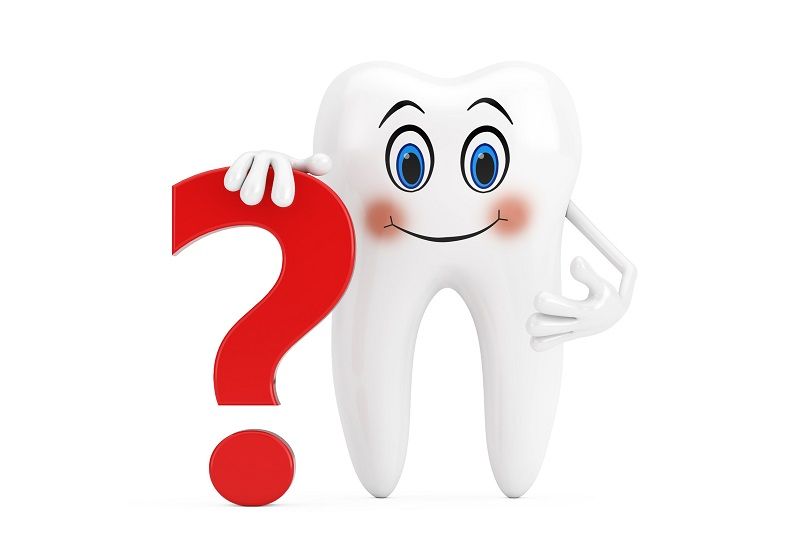Asking Your Sedation Dentist About Dealing with Common Side Effects

Your sedation dentist can tell you all about what it takes to use sedation for alleviating your anxiety during the dental procedures that may sometimes seem overwhelming and threatening. In order to be able to perform any kind of sedation dentistry Denver area , the doctors need to have some special certifications.
There are some specific situations for which a dentist would recommend sedation. For example, some people may feel claustrophobic when they are in the dental chair. Other people may be more resistant to local anesthesia, which causes them to experience more pain during the typical dental procedures. Other patients may find it hard to control their movements, including a gag reflex, while others may simply have special needs.
Although sedation is generally safe when it is used by a licensed, experienced dentist, there can be some common side effects. Among the short term ones we could mention a certain degree of drowsiness, headaches, nausea, and xerostomia or dry mouth. It may happen, although very rarely, for some people to have allergic reactions to the sedation medication. In children, there can be side effects such as irritability, sometimes fever, snoring, nausea or vomiting. And it may sometimes happen for your child to feel really sleepy after the sedation.











